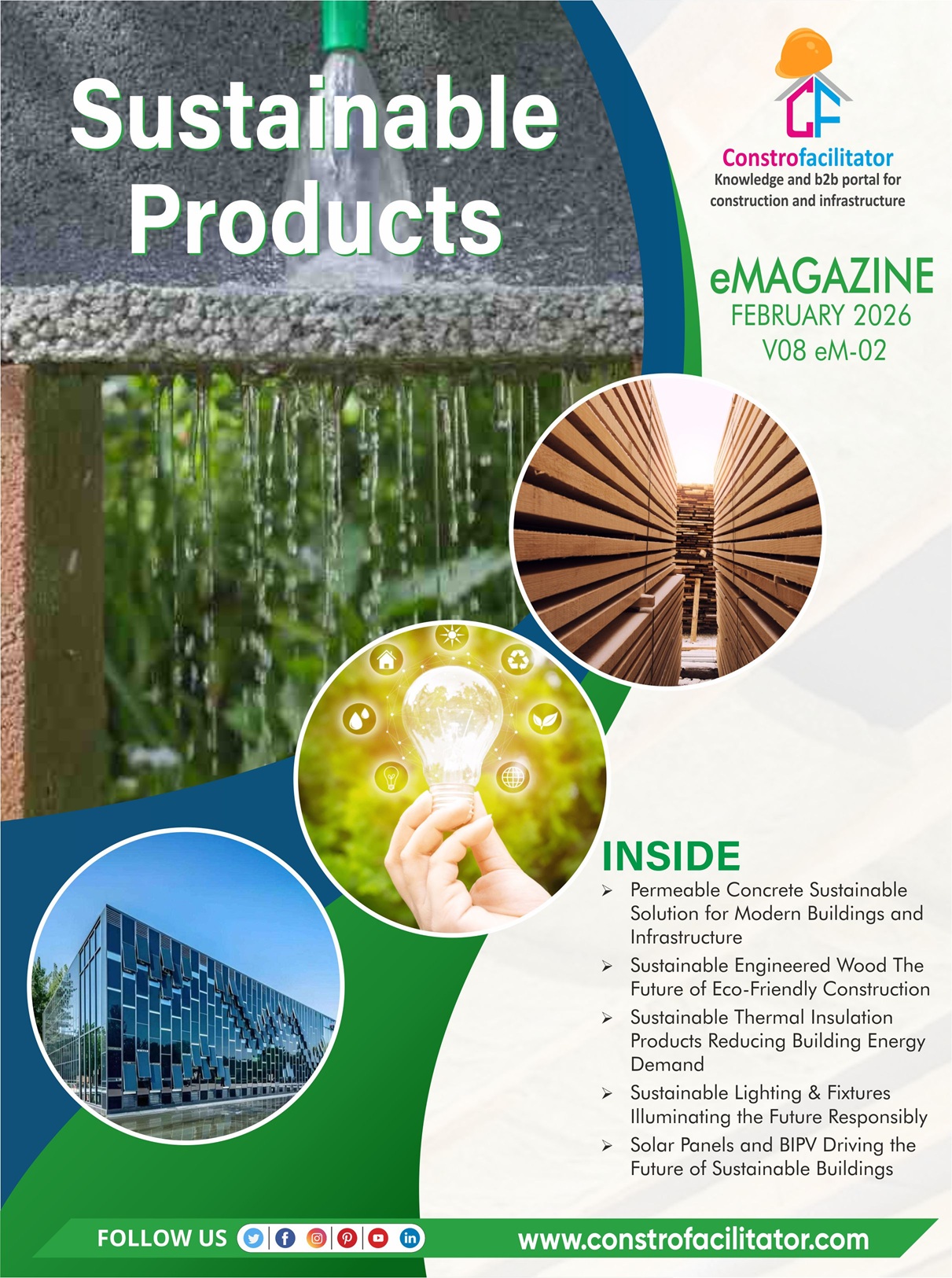Introduction to Continuous Slurry Mixers
In today’s fast-paced industrial environment, the need for efficient and reliable mixing equipment is more critical than ever. Continuous slurry mixers have emerged as a vital component in various industries, offering a seamless solution for mixing solids and liquids to form a homogenous slurry. This article delves into the world of continuous slurry mixers, exploring their operation, advantages, applications, and tips for selecting the right mixer for your needs.
How Continuous Slurry Mixers Work
A continuous slurry mixer is designed to blend solid materials with liquids continuously, producing a consistent slurry without interruption. Unlike batch mixers, which handle materials in set quantities, continuous mixers operate endlessly as long as inputs are supplied. The process involves feeding dry materials and liquids into the mixer at controlled rates, where they are combined through mechanical agitation, resulting in a uniform slurry output.
The key components of a continuous slurry mixer include:
- Feed Hoppers: Containers for dry materials and liquids.
- Metering Devices: Control the flow rates of materials entering the mixer.
- Mixing Chamber: The section where materials are combined.
- Agitators or Blades: Facilitate the mixing process to ensure homogeneity.
- Discharge Outlet: Where the mixed slurry exits the mixer.
By adjusting the feed rates and mixing intensity, operators can achieve the desired slurry consistency and composition suited to their specific applications.
Advantages of Using Continuous Slurry Mixers
Enhanced Efficiency
One of the primary benefits of continuous slurry mixers is their ability to operate non-stop, significantly increasing production rates compared to batch mixing. This continuous operation reduces downtime associated with loading and unloading in batch processes.
Consistent Product Quality
Continuous mixers provide a steady and uniform mixing action, ensuring that the slurry produced has consistent properties throughout. This uniformity is crucial in industries where product quality cannot be compromised.
Reduced Labor and Operating Costs
Automation in continuous slurry mixers minimizes the need for manual intervention, leading to lower labor costs. Additionally, the efficient use of energy and materials reduces overall operating expenses.
Flexibility and Scalability
Continuous mixers can be easily adjusted to accommodate changes in production demands. Whether scaling up for higher output or tweaking the mix ratios, these mixers offer flexibility to meet varying needs.
Space-Saving Design
Continuous slurry mixers often have a smaller footprint compared to batch mixers capable of producing similar output volumes. This space efficiency is advantageous in facilities where space is at a premium.
Applications of Continuous Slurry Mixers in Various Industries
Construction Industry
In construction, continuous slurry mixers are used for blending cement, sand, and water to create mortar or concrete. The consistent mix is essential for structural integrity and workability on construction sites.
Mining and Mineral Processing
The mining industry utilizes continuous mixers for processing ores with liquids to extract valuable minerals. The mixers aid in creating slurries that are easy to transport and process further.
Chemical Industry
Continuous slurry mixers play a vital role in producing chemical slurries, where precise mixing of reactants is necessary for desired chemical reactions and product formation.
Food and Beverage Industry
In food processing, these mixers help combine ingredients to produce products like sauces, soups, and beverages. The consistency and hygiene standards maintained by continuous mixers are crucial for food safety.
Waste Treatment
Continuous mixers are employed in waste management to mix sludge with other materials for treatment or disposal. They ensure that the waste materials are processed efficiently and safely.
Choosing the Right Continuous Slurry Mixer
Selecting the appropriate continuous slurry mixer requires careful consideration of several factors:
Material Characteristics
Understand the properties of the materials to be mixed, including particle size, abrasiveness, moisture content, and chemical compatibility. This information influences the choice of mixer materials and design.
Capacity Requirements
Determine the required throughput to meet your production goals. Choose a mixer capable of handling the desired volume without compromising on mixing quality.
Mixing Intensity and Homogeneity
Assess the level of mixing required for your application. Some processes may need gentle blending, while others require high-shear mixing to achieve homogeneity.
Maintenance and Operating Costs
Consider mixers with designs that facilitate easy cleaning and maintenance. Evaluate the long-term operating costs, including energy consumption and spare parts availability.
Manufacturer Reputation and Support
Opt for mixers from reputable manufacturers who offer reliable customer support, warranties, and technical assistance.
Maintenance Tips for Continuous Slurry Mixers
Proper maintenance of your continuous slurry mixer ensures longevity and optimal performance:
- Regular Inspection: Routinely check for wear and tear on components like seals, bearings, and blades.
- Cleaning Protocols: Implement regular cleaning schedules to prevent material buildup, which can affect mixing efficiency and product quality.
- Lubrication: Keep all moving parts adequately lubricated as per manufacturer recommendations to reduce friction and prevent premature wear.
- Spare Parts Inventory: Keep essential spare parts on hand to minimize downtime during maintenance or unexpected repairs.
- Training: Ensure that operators are well-trained in both the operation and maintenance of the mixer.
Continuous slurry mixers are indispensable in various industrial processes requiring the blending of solids and liquids into a consistent slurry. Their ability to operate non-stop, deliver uniform product quality, and adapt to different production needs makes them a valuable asset. By understanding how they work, their advantages, and how to select and maintain them, businesses can enhance efficiency, reduce costs, and improve product outcomes. Investing in a quality continuous slurry mixer is a step toward streamlined operations and long-term success in your industry.





